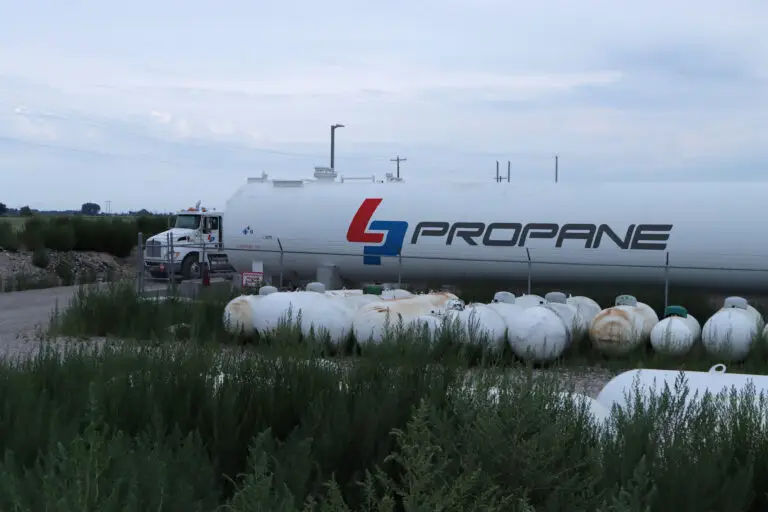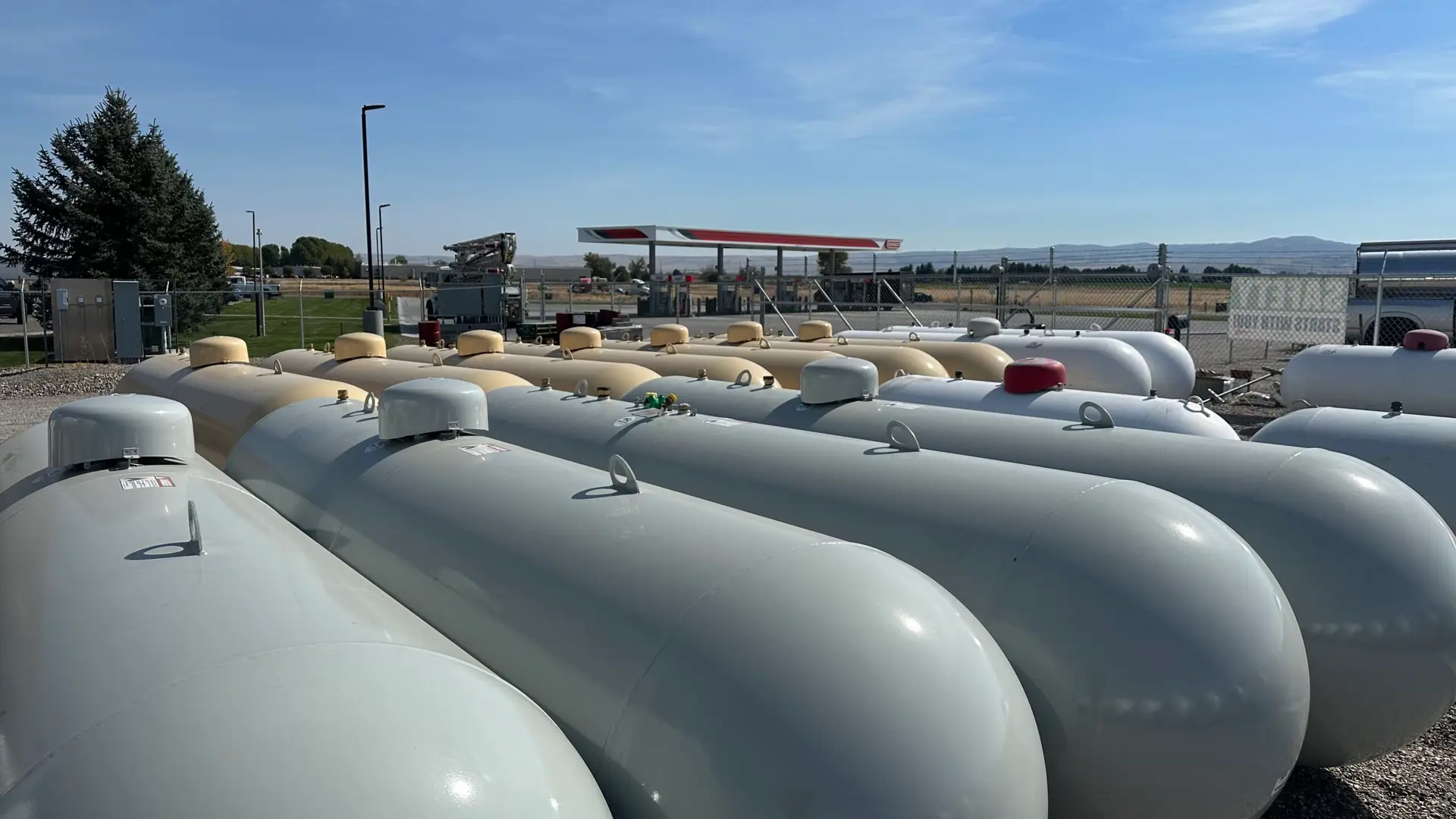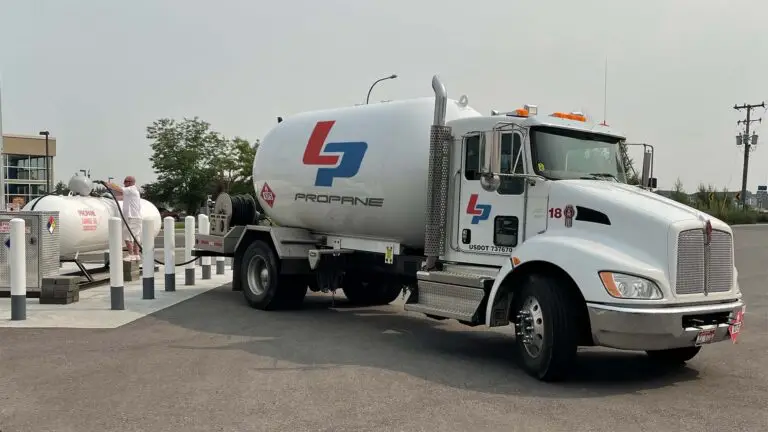
Propane vs. Natural Gas: Cost Comparison Across U.S. Regions
Propane vs. Natural Gas: Cost Comparison Across U.S. Regions Millions of American consumers and businesses make a vital energy choice between propane and natural gas every day, a choice that affects both everyday convenience and long-term expense. Regardless of whether

